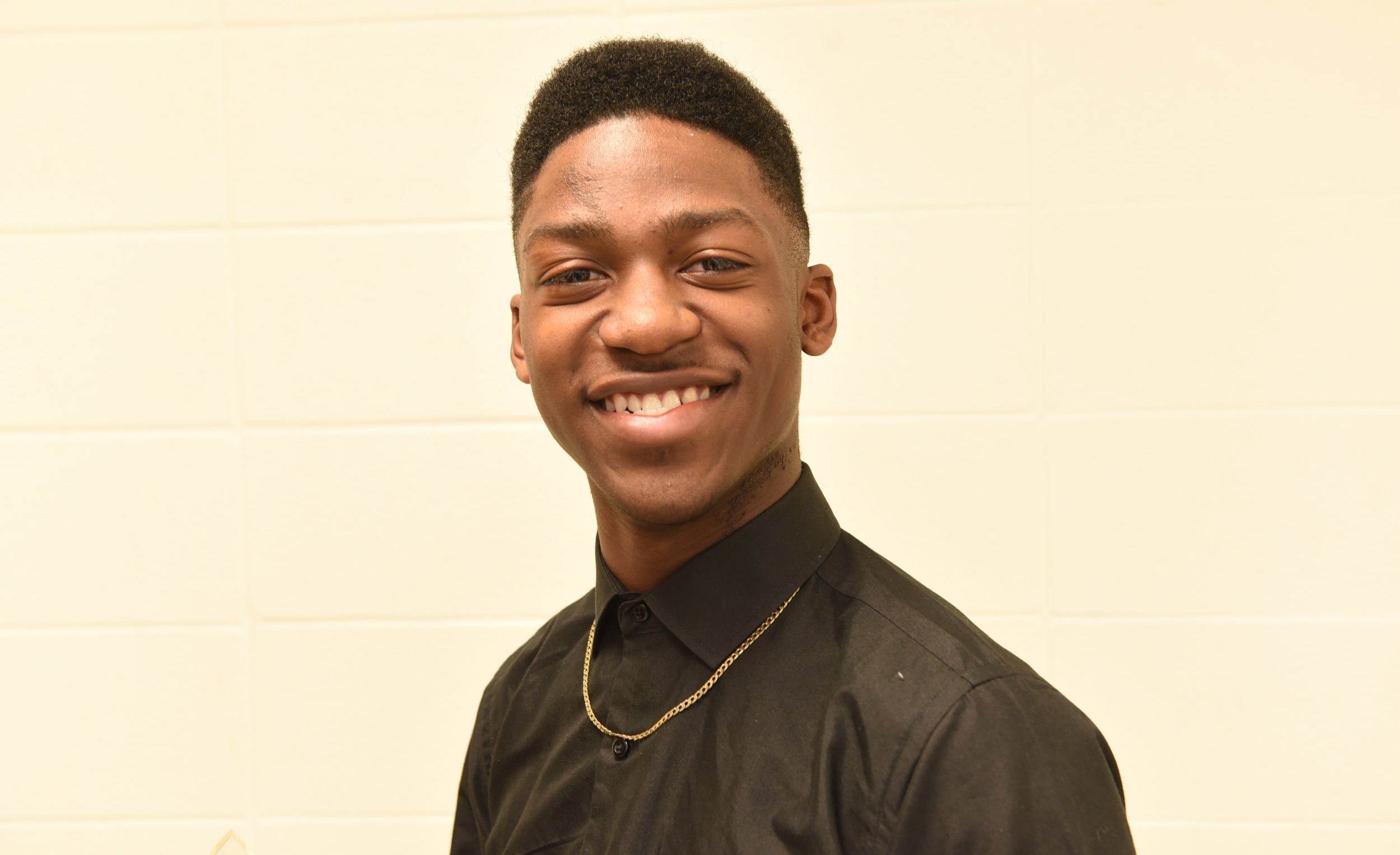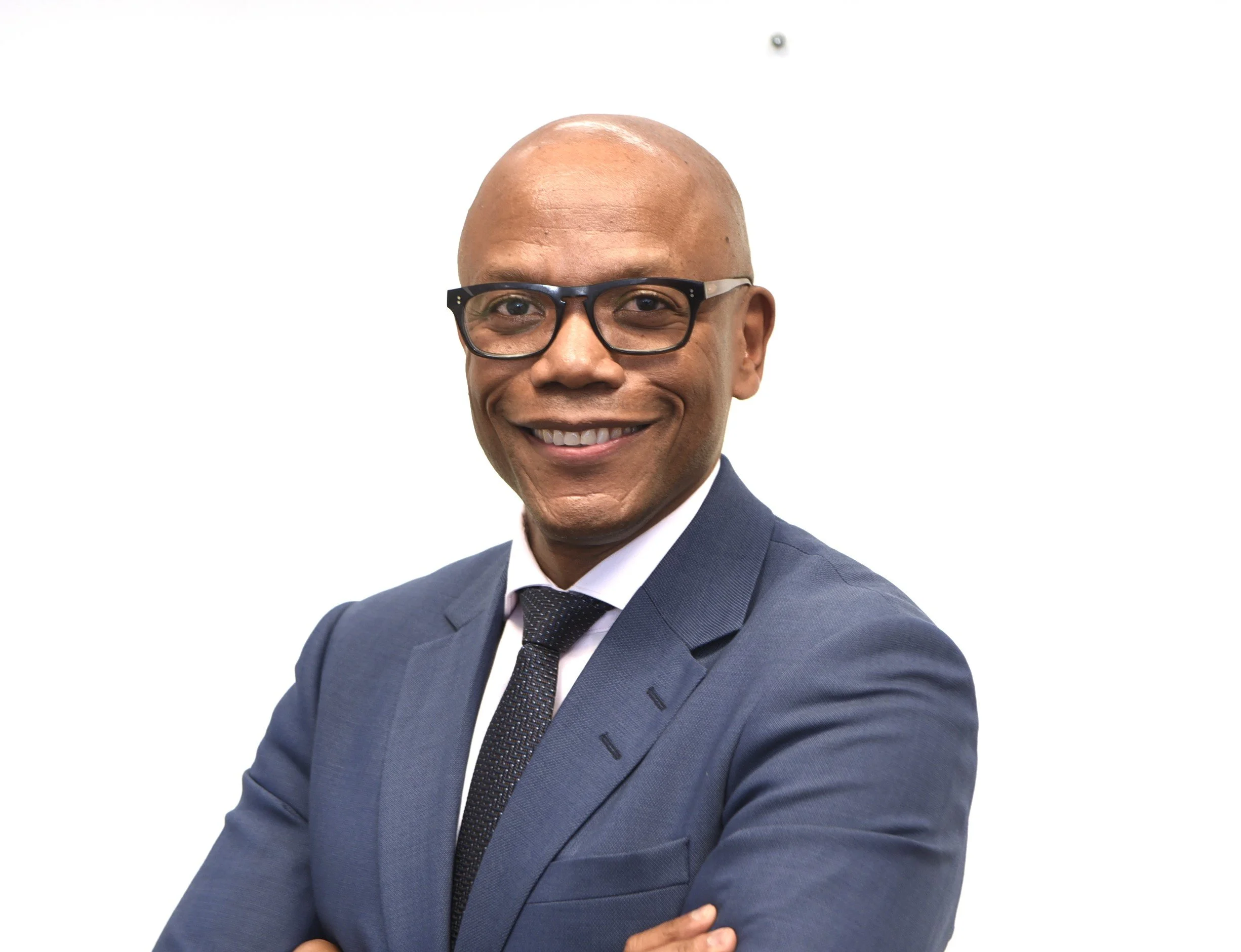Cayman Islands hospital cuts wait time for surgeries
May 25, 2017
Diagnosed with hip osteoarthritis nearly four years ago, Angie Bugera knew that surgery was the only cure for the deteriorating condition even though her primary care physician felt she wasn’t ready for a hip replacement.
As the pain intensified to the point where she couldn’t walk without a cane, the Edmontonian changed physicians and was placed on a list to see a specialist.
Six months later and a five-minute appointment confirmed Bugera was indeed a candidate for surgery and she was booked to see a surgeon in the next four months.
“When April 2016 came and went, I called and was told I wouldn’t be able to see a surgeon until at least September,” she said. “That’s when I said I am done with this and I am going to seek out other options because I felt I was soon going to end up in a wheelchair.”
With the pain and discomfort also impacting her ability to run her art gallery and function as a business analyst, Bugera contacted Health City Cayman Islands (HCCI) which is a state-of-the-art tertiary care hospital that provides a wide variety of specialized medical services.
After a one-hour phone conversation with Dr. Alwin Almeida who is the chief orthopaedic surgeon and joint replacement specialist, Bugera decided she was heading to the Caribbean for surgery.
“Dr. Almeida answered all my questions and left no doubt in my mind that I was making the right decision,” she said.
Just hours after landing in Grand Cayman, Bugera underwent a successful two-and-a half hour surgery. Released from hospital three days later, she spent the next two weeks rehabilitating and enjoying some quality time with her husband – Dan Matheson -- on the island before returning to Canada.
The surgery, hospital stay, post hospital care while still on the island and medication cost US$14,000.
“It was worth every cent because I am pain free,” said Bugera. “It was the best choice I could have made and I don’t have to be scared of pain and worrying about the possibility of living in misery.”
Bugera also got more than she bargained for.
During the surgery, Almeida discovered a deformed femur head and socket which he fixed.
He believes she was born with hip dysplasia which is a congenital or developmental deformation or misalignment of the hip joint.
As wait times for medical procedures increase, more Canadians are considering private medical treatment for non-emergency procedures as an option.
A report released by the Fraser Institute last November indicates a median wait time of 20 weeks – the longest ever recorded – and more than double the 9.3 weeks Canadians waited in 1993, when the institute started tracking wait times for medically necessary elective treatments.
Before last year, the longest recorded median wait time was 19 weeks in 2011.
Four years ago, 52,513 Canadians received treatment abroad which was a 26 per cent jump from 2013.
In collaboration with Canadian health care professionals, HCCI has designed a program specifically for Canadians seeking medical tourism.
HCCI launched a Canadian office – Health City Canada (HCC) -- nearly 18 months ago in Hamilton.
“It is estimated that almost 700,000 Canadians leave every year for overseas care and we know that number is increasing as the increase in wait times are occurring across this province and elsewhere,” said Nicola Banks, the HCC patient care manager, at a press conference last week hosted by HCCI. “We think that Canada is a huge market for people looking for overseas health care and our goal is to build a model with Canadian physicians that help support the process.”
Nicola Banks
Through HCC, 15 surgical procedures have been done at HCCI.
“We have about 100 patients right now going through the consultation process,” added Banks who is the executive director of the Canadian Consortium for Early Intervention in Psychosis and the founding chief executive officer of Myelin & Associates that partners with clinics to identify, organize, create and distribute health education interventions. “We offer quality care and surgeons from India who are very experienced, transparent bundle pricing that allows patients to know exactly what they are going to pay before they leave Canada and, of course, the Cayman Islands.”
“Many Canadians go to the United States for medical treatment. The challenge is that when you go south of the border, you aren’t provided with bundle pricing. You leave there with about 10 separate bills. So, while a hip replacement surgery may cost about US$13,000 if you do it in the United States, that cost doesn’t include the ground transfer to the hospital when you land in which city you are going, the hospital stay, medications, investigations, surgery or prosthesis.”
Conceived by renowned heart surgeon and humanitarian Dr. Devi Shetty, HCCI is a 104-bed institution that provides several services, including adult & paediatric cardiology, electrophysiology, neurosurgery, interventional neurology, medical oncology, paediatric endocrinology and plastic & cosmetic surgery.
“Our surgeons and physicians come from very high volume centres where there are extremely excellent outcomes, so the quality of care that we offer is of the highest standard,” said Dr. Chandy Abraham, HCCI’s chief executive officer and director of medical services.
Dr. Chandy Abraham
Abraham said the majority of HCCI patients are from the Caribbean.
“The services that they require like spine, cardiology, orthopaedic and neurosurgery are not available in most of the islands, so we are a viable option for them because of proximity and our affordable costs,” he said. “We are now reaching out to Canadians and all I want to say to them is if you can get your surgery done in Canada without having to wait, go ahead and do it. But, if you have a long wait time that is detrimental to your quality of life, consider us as an option. We guarantee high quality care.”
There are 38 doctors and 250 support staff at HCCI which has treated more than 29,000 outpatients and 3,500 patients since 2014. More than 1,970 procedures/surgeries have been performed at the facility, including 289 cardiac surgeries and 640 orthopaedic surgeries.
In the first two months of this year, there has been a 55 per cent increase in international patient numbers compared to the same period for 2016.









